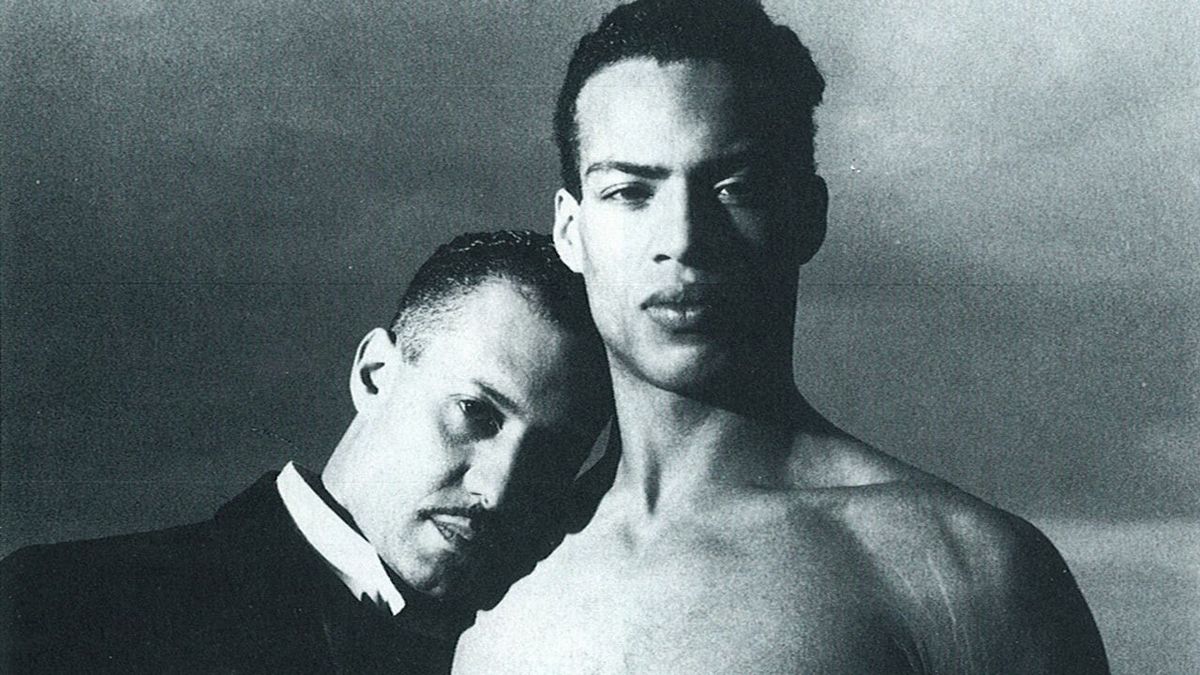
“Queerness” does not simply signify a non-heterosexual identity, but rather challenges the normalizing mechanisms of gender and interrogates the social processes that produced, normalized and sustained identity in the first place. A “queer memory,” therefore, does not simply imply the remembrance of a particular set of events. It is one that reconsiders the structures, process and methodologies that have constituted the scholarship on time and memory, and questions the heteronormative discourses that have shaped our thinking on history and the archive. Through readings, discussions and film screenings, we will survey alternative methods of historiography and embrace eclectic, idiosyncratic and transient archives, which include ephemera, gossip, innuendos, emotions, gestures, performative acts, fleeting moments, clandestine languages and methods that unsettle the traditional notions of memory and documentation. Together, we will problematize the relationship between “queerness” and the “document” in the broadest sense of the term, with an emphasis on practices emerging outside the racial and sexual mainstream, and how they negotiate with established theoretical frameworks and institutional limitations.
- Course owner: Mohammad Shawky Hassan